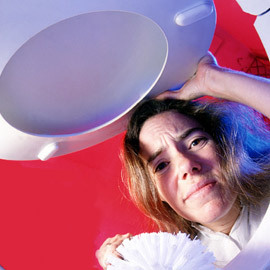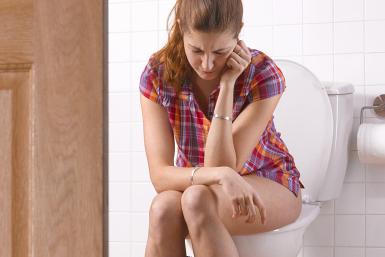So today’s topic might be considered a tad disgusting to some, but hey, it’s still a necessary conversation.
So for starters, when was the last time you took a look in the toilet bowl before flushing after doing a number 2? Also after wiping, do you ever take a look at the tissue before flushing it down? (and thoroughly washing your hands of course) These may sound like nasty, unnecessary things to do but the truth is that you can tell quite a bit about the state of your health and especially certain medical conditions just by taking note of the quality of your poop! Crazy, but true.
 Now what would be considered normal when it comes to the number 2. The perfect stool should be:
Now what would be considered normal when it comes to the number 2. The perfect stool should be:
● A brown color
● A banana shape
● Does not stick to the toilet
● Easy to wipe – no mess
● Minimal odor
● Almost always the same regardless of foods eaten
Things that might be cause for concern include:
● Mucus in the stool
● Green or yellow stool
● Black stool
● Greasy or shiny stool
● Clay-colored stools
● Blood in the stool
● Undigested food in the stool
Also, when all is well, you should be doing the number 2 with quickly and without pain. If you’re constantly spending a lot of time on the porcelain throne straining to pass hard dry stools then that is something to be concerned about as well.
We will come to what all the different appearances of poop and what they could mean healthwise in the next post but first, here are a few tips to help you get the perfect poop.
- Chew your food! it should be a paste before swallowing.
- Eat until you are 80% full. Overeating is a massive burden on the digestive system.
- Eat a diet that includes whole foods, rich in fresh, organic vegetables and fruits that provide healthy nutrients and fiber; most of your fiber should come from vegetables, not from grains
- Avoid artificial sweeteners, excess sugar (especially fructose), chemical additives, MSG, excessive amounts of caffeine, and processed foods, as they are all detrimental to your gastrointestinal (and immune) function
- Boost your intestinal flora by adding naturally fermented foods into your diet, add a probiotic supplement if you suspect you are not getting enough beneficial bacteria from your diet alone
- Try increasing your fiber intake; .
- Make sure you stay well hydrated by drinking enough water
- Get plenty of exercise daily.
- Avoid pharmaceutical drugs, such as painkillers that will slow your bowel function. Antidepressants and antibiotics can cause a variety of GI disruptions.
- Consider squatting instead of sitting to move your bowels. Squatting straightens your rectum, relaxes your puborectalis muscle and encourages the complete emptying of your bowel without straining, and has been scientifically shown to relieve constipation and hemorrhoids.






